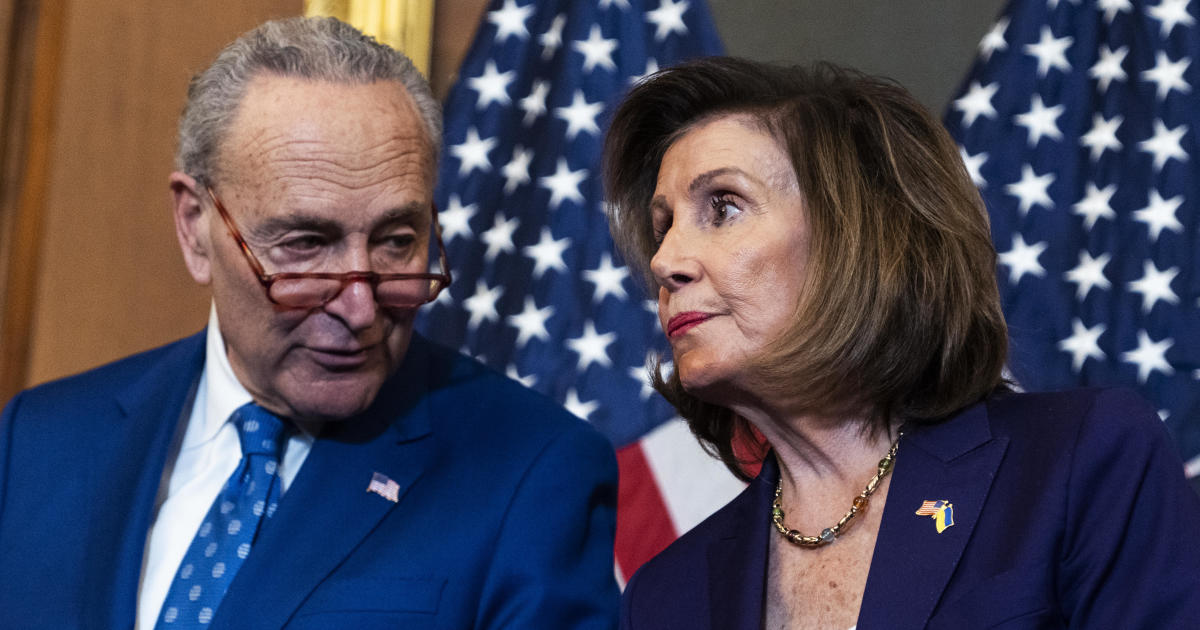
House to vote on short-term funding bill as talks to avoid shutdown continue
CBSN
Washington — The House is set to take up a short-term measure Wednesday that extends funding for federal agencies for one week, giving Congress additional time to finish crafting a massive longer-term spending package.
House Democrats unveiled the text of the bill, known as a continuing resolution, on Tuesday, amid bicameral, bipartisan efforts to reach consensus on the broader proposal to fund the U.S. government through most of 2023. House and Senate negotiators announced Tuesday night they agreed to a framework that provides a path to negotiate the final details of the omnibus spending package.
The current stopgap funding measure expires Dec. 16, and lawmakers must act before then to stave off a partial government shutdown. While the one-week bill is expected to pass the Democratic-controlled House, Republican leaders are urging their members to vote against the legislation, calling it an "attempt to buy additional time for a massive lame-duck spending bill in which House Republicans have had no seat at the negotiating table."

Yangon — Myanmar's military leader lauded President Trump and asked him to lift sanctions, the ruling junta said Friday, after a tariff letter from the U.S. president that it has taken as Washington's first public recognition of its rule. Min Aung Hlaing endorsed Mr. Trump's false claim that the 2020 U.S. election was stolen, and thanked him for shutting down funding for U.S.-backed media outlets that have long provided independent coverage of conflict-wracked Myanmar.

After years of unsuccessful attempts to finance and build a public alarm network that would warn residents of Kerr County, Texas, about dangerous flooding, officials in the region, nicknamed "flash flood alley," were going to start developing a centralized flood monitoring system this summer to help leaders and emergency managers plan ahead.

Washington — The Senate is expected to vote next week on a request from the White House to claw back funding for international aid and public broadcasting. But the funding for rural radio and television stations — sometimes an area's sole source for emergency warnings and other news — has sparked concern among some Senate Republicans, especially after the recent devastating flash floods in Texas.





















 Run 3 Space | Play Space Running Game
Run 3 Space | Play Space Running Game Traffic Jam 3D | Online Racing Game
Traffic Jam 3D | Online Racing Game Duck Hunt | Play Old Classic Game
Duck Hunt | Play Old Classic Game








